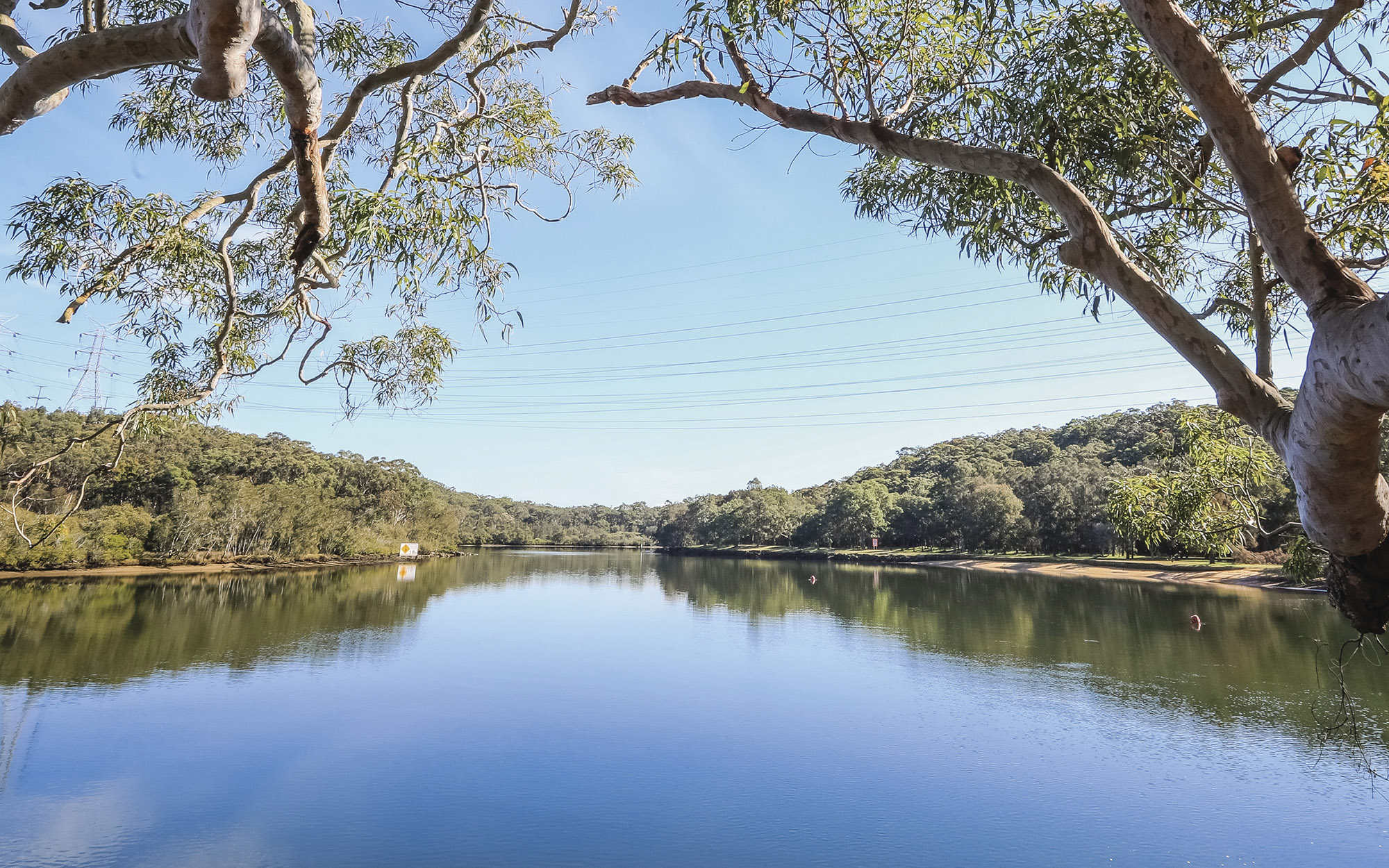The NSW Government has amended the regulations governing floodplain harvesting. The changes took effect Friday 8 December.
The department has completed the process of determining replacement floodplain harvesting access licences in the Border Rivers, Gwydir, Barwon-Darling and Macquarie Floodplains. This means no new replacement floodplain harvesting access licences will be issued in these floodplains.
Why licensing is needed
Licensing floodplain harvesting is critical to ensure take of this important resource is measured and managed within appropriate rules and limits.
Harvesting licence rules
We consulted with landholders about the process of implementing the rules and licensing frameworks for floodplain harvesting in the NSW northern Basin areas.
Informing the process
We make sure that the best available technology, data, and modelling is used, and is peer-reviewed. In conjunction with the Floodplain Harvesting Action Plan, this process improves public confidence and trust in the process.
About the licensing of floodplain harvesting
Floodplain harvesting is the last substantial form of water take to be licensed in NSW.
The licensing framework provides a mechanism to limit extraction and ensure take of water occurs within sustainable limits, contributing to an overall improvement in the management of water resources within NSW.
The licensing framework for floodplain harvesting consists of the Water Management Act 2000, its regulations, water sharing plans, licences, approvals and floodplain management plans.
A licence to floodplain harvest authorises a water user to take water. Before water can be taken with a water supply work, that work must be nominated by a floodplain harvesting access licence.
Amendment of the regulation for floodplain harvesting licensing
The NSW Government amended the Water Management (General) Regulation 2018 in December 2023. The amendments strengthen environmental protections and take a more conservative approach to future licensing of floodplain harvesting in unregulated river water sources.
Read the frequently asked questions about the amendment for more information. You can also read about how the changes comply with the water management principles of the Water Management Act 2000 in the fact sheet.
About the licensing framework parts
The Water Management Act 2000 — known as the Act —sets the principles for sustainable water management in NSW and the framework for licensing all forms of water take.
Regulations are made under the authority of the Act and set out the administrative detail.
Water sharing plans set the rules for sharing of water between water users, including the environment, in a water source or group of water sources.
Water access licences give a water user the legal right to take water from a specified location and define how much water they can take.
Floodplain management plans define the rules and assessment criteria for approving, constructing, or modifying flood works in a designated floodplain. Rules consider local and cumulative impacts on the environment, Aboriginal cultural heritage, and downstream water users.
Flood work approvals are required for any flood work, such as a levee or bank located in a floodplain or near a river or creek, to ensure it complies with rules in the floodplain management plan. If a flood work takes water, it may also require a water supply work approval.
Water supply work approvals are required for any work, such as a pump or pipe, which takes water from a water source, unless an exemption applies.
Conditions on licences and approvals give effect to rules specified in the Act and Regulations, including water sharing and floodplain management plans.
About the process of floodplain licensing
For the purposes of licensing, floodplain harvesting includes captured rainfall runoff, whether it is contaminated or not, and overbank flow.
There is an exemption in relation to the use of water collected in a tailwater drain for the purpose of collecting rainfall runoff from an irrigated field. However, this exemption does not apply during a notified measurement period or when other water supply works, other than a tailwater drain, take overland flow water.
Frequently asked questions
Visit our FAQ page to find answers to commonly asked questions and gain a better understanding about harvesting floodplains.
